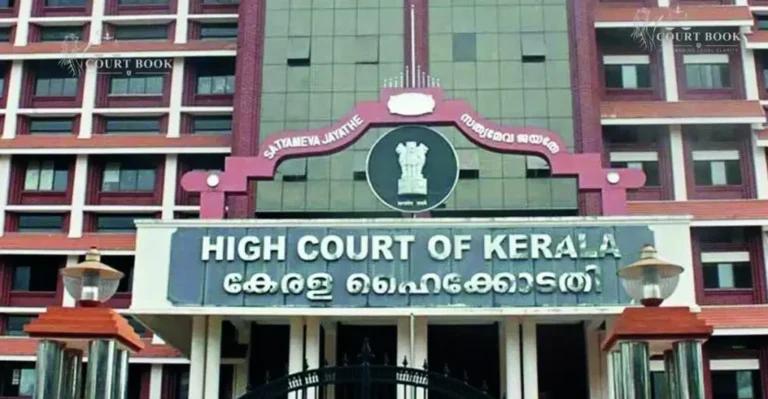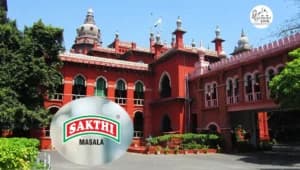The Kerala High Court has ruled that co-opted members of the Bar Council cannot be treated as a separate category from elected members. This significant judgment came in response to a petition filed by two co-opted members of the Bar Council of Kerala (BCK), challenging their exclusion from a Council meeting.
Background of the Case
Justice C. S. Dias was presiding over the case, which arose after the Bar Council of India (BCI) extended the term of the BCK under Rule 32 of the Bar Council of India Certificate and Place of Practice (Verification) Rules, 2015. The petitioners argued that despite this extension, they were being kept away from meetings, which they believed was unjustified.
The BCI defended its stance, stating that Rule 32 only provides for extending the tenure of elected members and office bearers of a State Bar Council. According to this rule, if there is a delay in identifying non-practicing advocates or verifying their certificates, the electoral roll cannot be prepared on time. In such cases, BCI can extend the tenure of elected members to ensure a smooth transition. As per the provisions:
- The verification process should be completed within 18 months.
- Elections must be conducted within six months thereafter.
- The petitioners were originally elected and later co-opted into the XII BCK to fill vacancies caused by the death and resignation of members.
- The five-year term of the XII BCK ended on November 6, 2023.
- The BCI extended this term by six months under Section 8 of the Advocates Act.
Read also: "Indefinite Incarceration Not Needed": Kerala HC on Class 10 Paper Leak Case
Once the six-month extension period ended, the BCI took further action:
- Extended the tenure of elected members by another 18 months under Rule 32.
- Formed three committees:
- Office Bearers Committee
- Executive Committee
- Enrolment Committee
- Appointed specific members from BCK to these committees, effectively excluding the petitioners.
The BCI took the stand that the XII BCK had been dissolved when the six-month extension expired. It also claimed that the new Special Committee was constituted under Section 8A of the Advocates Act since the verification process was still incomplete.
The Kerala High Court disagreed with BCI's reasoning, stating that:
- If the BCI had dissolved the BCK after the six-month extension, it could not have extended the tenure of the elected members.
- Instead of excluding the co-opted members, the BCI should have formed a Special Committee under Section 8A of the Advocates Act.
The Court further ruled that co-opted members could not be denied participation, emphasizing that:
"Since BCI has extended the term of the XIIth BCK by Ext. R2(b) resolution, irrespective of the fact that the petitioners were co-opted to the BCK at a later stage, the petitioners cannot be differentiated from the elected members. The Act and Rules do not treat co-opted members as a separate or distinct class."
The Kerala High Court made it clear that co-opted members must be considered part of the elected members and should not be sidelined. This ruling ensures that the integrity of the Bar Council remains intact, preventing arbitrary exclusions.
Counsel for the Petitioners: Advocates Thomas Abraham, Merciamma Mathew, Aswin P. John, P. Ananthapadmanaban, Paul Baby, Swathy A. P., Thara Elizabeth Thomas
Counsel for the Respondents: Advocates M. U. Vijayalakshmi, K. Jaju Babu(Sr.), Rajit
Case No: WP(C) 26651 of 2024
Case Title: Aisha P and Another v Bar Council of India and Others















